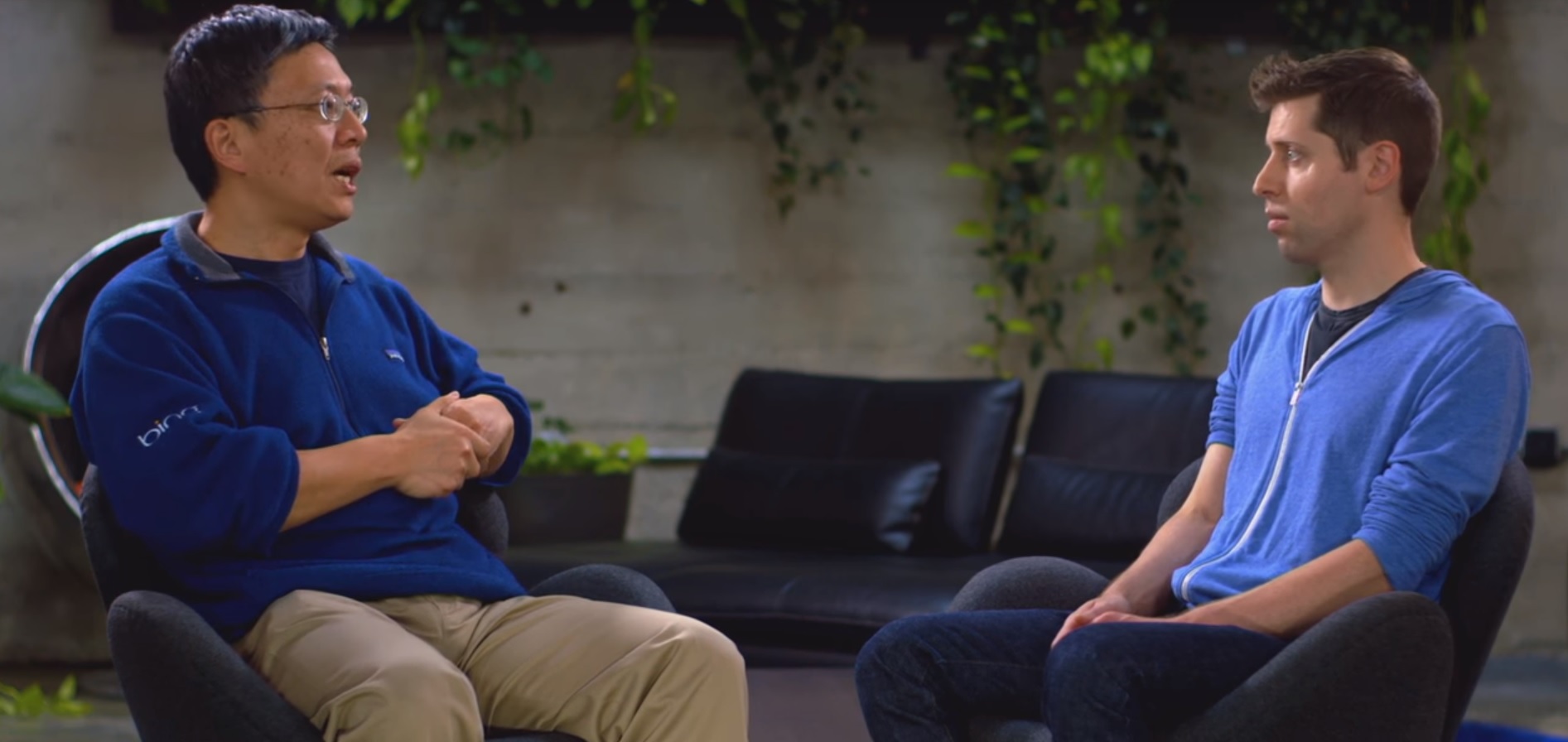Microsoft’s interest in expanding its Azure cloud computing service to include artificial intelligence (AI) supercomputing technologies has led to a new partnership agreement with the Elon Musk-backed company, OpenAI. An investment of $1 billion dollars was recently made by Microsoft into the venture to develop an Azure-based hardware and software platform that will scale to artificial general intelligence (AGI). In turn, OpenAI will use Microsoft as their exclusive cloud provider.
OpenAI is a nonprofit AI research organization co-founded by Musk, serial entrepreneur Peter Thiel, and Y Combinator’s Sam Altman with the goal of developing beneficial, open source AI to combat any future rise of harmful AI. Musk stepped down from the Board of Directors in early 2018 to avoid any conflicts with Tesla’s Autopilot program; however, he still remains as a benefactor and advisor. Tesla’s Director of AI and Autopilot Vision, Andrej Karpathy, previously worked as a neural network researcher for OpenAI.
While the venture is backed by significant private investment, the long-term goals of OpenAI require even greater resources. The company’s motivation to create the new investment partnership with Microsoft was partially due to financial constraints caused by computing hardware needs. The financial requirements to retain top talent are also significant – OpenAI’s tax filings from 2016 revealed its top researcher was paid a $1.9 million dollar salary, with others receiving significant amounts as well.

“OpenAI is producing a sequence of increasingly powerful AI technologies, which requires a lot of capital for computational power. The most obvious way to cover costs is to build a product, but that would mean changing our focus. Instead, we intend to license some of our pre-AGI technologies, with Microsoft becoming our preferred partner for commercializing them,” OpenAI’s press release announcing the new partnership explained.
The connection between Microsoft and OpenAI is not new. In 2016, the companies jointly announced they were working together to run most of OpenAI’s large-scale experiments on Azure, making it their primary cloud platform for deep learning and AI. Azure had hardware configurations optimized for AI computing needs and a roadmap to expand those capabilities even further. One of the stated joint goals between Microsoft and OpenAI is the democratization of AI, and cloud computing is a large part of making that a reality as hardware and software resources are no longer required to be local to the user.
OpenAI has already created some impressive AI capabilities. In August last year, company bots created for the video game Dota 2 defeated a team of highly skilled human players in two games out of three. To accomplish the task, serious amounts of hardware and training were required. The nonprofit research lab employed a scaled-up version of Proximal Policy Optimization running on 256 GPUs and 128,000 cores to complete roughly 180 years worth of gameplay every day through reinforcement learning, which allowed the bots to develop advanced skills for the game. An open source gym for training AI with games was also released by the company.
In 2017, OpenAI announced that it had successfully trained its AI-powered robots to perform a task after watching it once in virtual reality. After showing a robot how to stack a series of colored blocks in a virtual reality simulation, it was then able to successfully mimic the actions. To accomplish this, OpenAI trained the robot in a simulated, virtual environment with nuances like lighting, shadows and backgrounds noise so that when in the real environment, it knew to filter out noise and focus on only important elements as a human brain would.
OpenAI also successfully taught AI bots to create their own language for communicating with each other in 2017. A paper was published on the topic which explained how the bots used reinforcement learning to accomplish simple goals through trial and error. After being given clues such as “Go to” or “Look at” by the researchers, the bots were then required to create their own machine language to communicate with each other.
The company’s latest commitment to Microsoft will now expand their access to resources to achieve even more impressive artificial intelligence feats.

<!–
–>
var disqus_shortname = «teslarati»;
var disqus_title = «Elon Musk-founded OpenAI gets $1 billion boost from Microsoft investment»;
var disqus_url = «https://www.teslarati.com/elon-musk-openai-1-billion-microsoft-investment/»;
var disqus_identifier = «teslarati-109869»;

